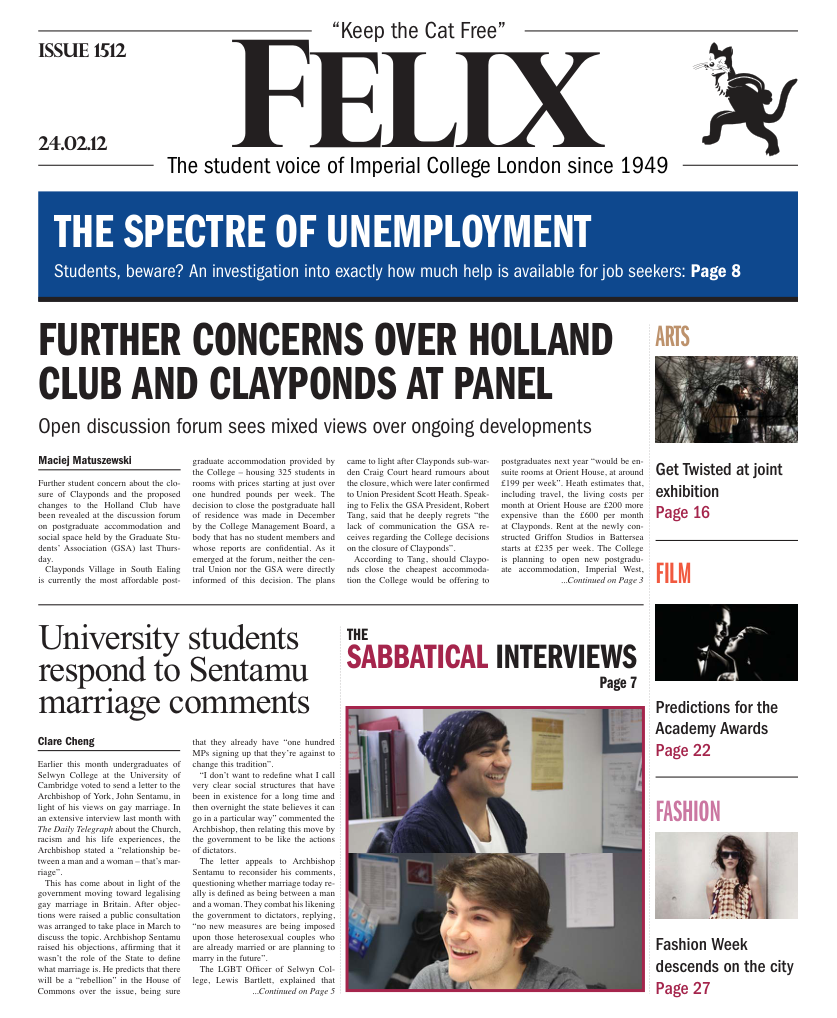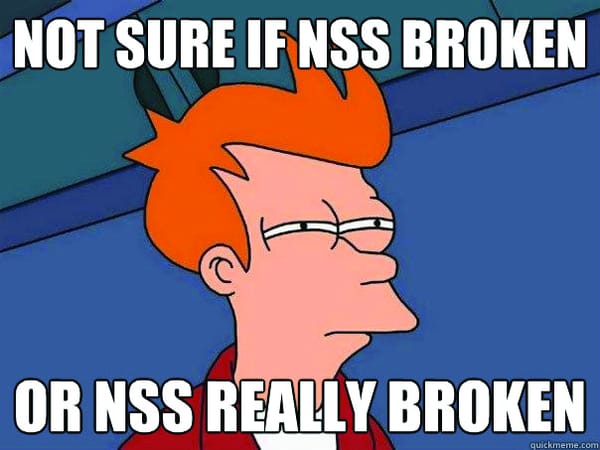The great Executive Committee blunder
Henry Abbot criticizes the Union's decision to cut Clubs and Societies' funding by 10% despite an underspend below 4%
The Union’s Executive Committee is charged with deciding how the Union is run on a day-to-day basis. It approves things like the Summer Ball, and the whole Union’s budget to make sure things are progressing how the student body wants them to. Three weeks ago the Executive Committee chose to reallocate nearly £35,000 away from Clubs and Societies funding. The rationale given by Michael Foster (Deputy President for Finance and Services) for this 10% cut was that “the total grant underspend [by clubs and societies] last year was greater than the changes to funding.” Grant money left unspent at the end of the year by a club is reabsorbed by the Union and generally deemed as unnecessary funding. Foster then went on to say “the reallocated money will be much more effective invested in support mechanisms.”
It has since emerged that this figure of 10% is incorrect and that an accounting mistake led to the Executive Committee being misinformed as to the magnitude of the underspend. The true figure is now understood to be 3.9% yet the reallocated amount still stands at 10%, leaving clubs without money which in the past has been put to good use. This cut is going to have a much greater effect than previously thought by club officers – and indeed the Executive Committee who made the decision. Club budgets will be decided by the Clubs and Societies’ Board (CSB) on the 27th February, leaving the Executive Committee no time to reconsider the cut undertaken with erroneous information. The CSB therefore has no choice but to cut 10% of last year’s pot from needy clubs and suggest that the members of these clubs will have to make up the difference themselves.
The Executive Committee clearly has a big impact on how Union societies and bars are run but many of these decisions, including the one over club funding, are made behind closed doors. The student body therefore has no capacity to review financial or commercial decisions made by the Sabbatical Officers. These Executive meetings offer a means for personal views to be approved by an often ill-informed committee. Clearly an overhaul of the commercial decision making process is required – either the membership of the Executive needs to be opened up in order to break the Sabbatical’s strangle hold on it, or the Union Council needs the capacity to review these closed-door decisions. Until then, we’ll still be burdened by the risk of our elected officers making poor commercial and financial decisions.








